Just past the British Library in King’s Cross, down a seemingly residential street, stands a wall heavy with green, blue, and yellow and lines crossing every which way, mimicking the Tube map. Blocked letters read ‘Story Garden powered by Global Generation’.
The wall features rounded glass windows, offering passers-by a sneak peek into the secret urban garden just beyond. On a chilly Saturday morning in February, the well-organised community garden, smack in the middle of the city, is alive with residents and families. A local gardener is handing out seeds, many of which have been saved from previous crops. A yurt, warmed with a small fire, is occupied by a group of caregivers, children, and older women, learning to weave bird feeders from willow branches. A shipping container-turned-café dishes out free bowls of hot dal and rice and baked goods.
Global Generation is a London-based non-profit organisation whose mission is to create hands-on, land-based learning activities for residents and families that are not only fun and educational but inclusive of backgrounds, abilities and local interests. Their goal is to connect the dots between community access, ecology, creativity and health. Global Generation offers many access points: after-school programmes, work placements for special educational needs, resident-focused workshops, dedicated growing for the local food bank, and youth ambassador programmes.
Co-director of the organisation, Nicole Van den Eijnde, says: “It’s about helping people connect to themselves within nature, then establish a connection between the food that we grow, what we eat, and the way that we are with each other. We work with people across ages and backgrounds, exploring heritage through storytelling, food growing and creating together.”
When we brought fresh mint into the classroom and asked the children what it reminded them of, almost everyone had a memory associated with family and home. Bee Wilson, food writer and co-founder of TastEd
No wrong answers
There can be a disconnect within the educational system for children who may not see themselves or their foods represented. Breaking down lessons or foods into ingredients, plants and sensory-related activities helps to increase representation by allowing room for personal interpretation.
Food writer Bee Wilson is the co-founder of TastEd, a sensory-led organisation that helps create language and opportunities for school-aged children to connect with produce, hoping to stoke a curious and healthy relationship with nutritious foods.
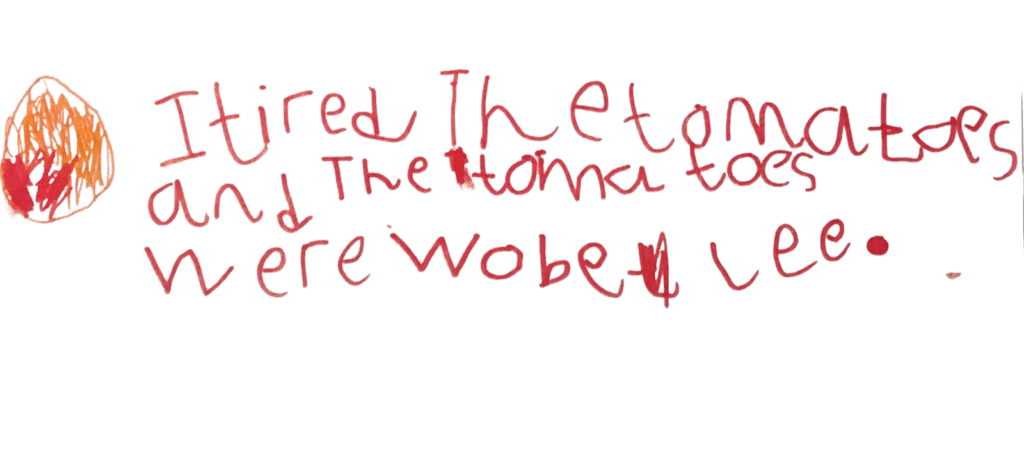
“From an early stage, we realised that the method could lead to some important conversations among children and teachers about the cultural significance of food through lessons on smell,” she explains.
“When we brought fresh mint into the classroom and asked the children what it reminded them of, almost everyone had a memory associated with family and home. Children of a Turkish or Moroccan background might say, ‘that smells like my grandmother’s tea,’ and a boy whose parents were from Vietnam said, ‘Pho,’ whereas children of a white British background might say, ‘it reminds me of when we make mint sauce to go with roast lamb.’
“It is almost as if the mint enables the children to bring their families into the classroom with them.”
Like TastEd, Global Generation works to create activities that allow room for interpretation and discussion.
“What works well is to have activities with a focused purpose, so you can have these conversations side by side whilst your hands are busy. It can feel less invasive and more relaxed this way and lead to better discussions,” says Van den Eijnde.
Food and storytelling
“The stories we tell about food are such a central aspect of why we eat and what we eat,” says Wilson. “TastEd is all about the relationship between food and humans, mediated by the senses. But our senses are always informed by culture.”
TastEd delivers a variety of lessons that connect to the national curriculum. Through an ingredient-based focal point, students can see a variety of connection points. In a lesson covering the Tudors, some students recognised barberries, popular fruits during this time period, in their own family’s Persian or Indian heritage.
Global Generation, on the other hand, uses storytelling and its connection to imagination to help create intergenerational learning. Its ‘Voices of the Water’ project uses cultural water stories contributed by participants to highlight the universal need for water and its ecological significance. Simultaneously, the project works to connect an older generation of local Bangladeshi women with teenagers through storytelling and food sharing.
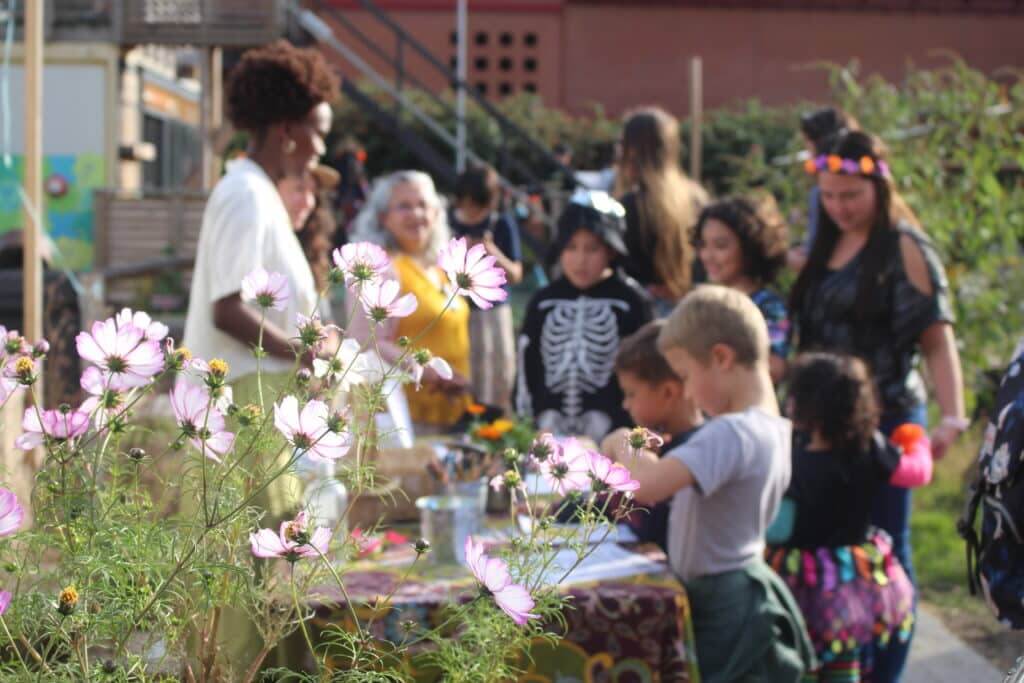
Seeing ourselves through food
There are two key rules in every TastEd lesson: ‘No one has to like’ and ‘No one has to try’. These rules are underpinned by a set of classroom expectations that value a respect for individual choices and preferences, a key social skill, delivered through the food. Feedback from educators showed that, by allowing children to share their family histories and experiences in a welcoming environment, teachers understood their students in new ways. The benefit of this kind of connection and cultural exchange between students and educators and the effect it can have on learning cannot be overstated.
This movement of cultural and culinary representation as a means of access to health is growing worldwide, with the indigenous food sovereignty movement in the US at the heart of some of these bigger discussions. Organisations like Indigenous Food Labs, The Sioux Chef, Dream of Wild Health, and educators like Linda Black Elk, Sean Sherman and Brian Yazzie showcase the value and health benefits of native science, indigenous foods and plant-based medicines through representation, education and empowerment.
The work of all of these organisations and many others like them is to increase cultural visibility and connectivity through food, to create a more equitable, healthy and delicious future for all.
This piece was initially published in the spring-summer edition of Wicked Leeks magazine. You can read the digital edition online for free.

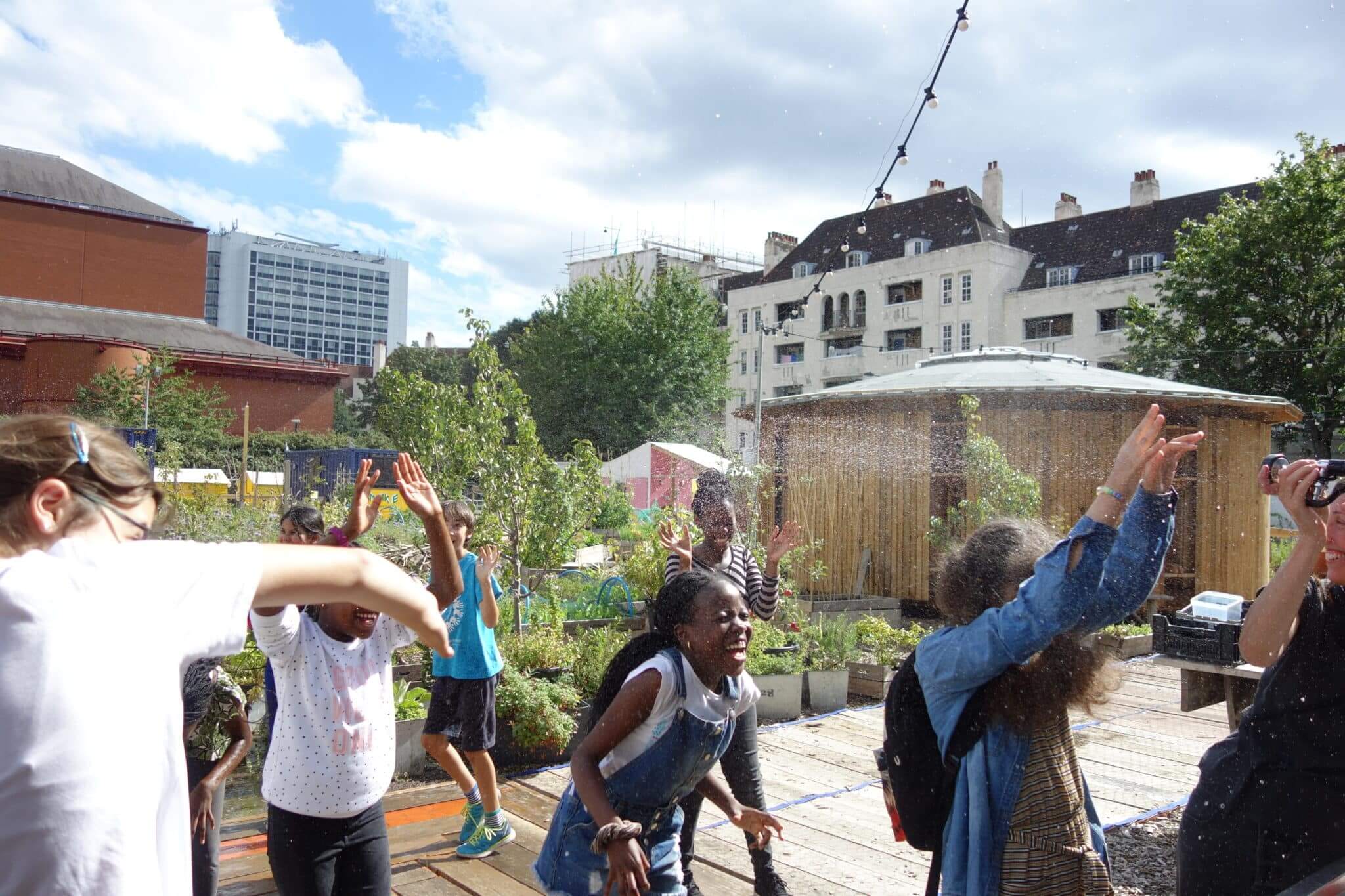
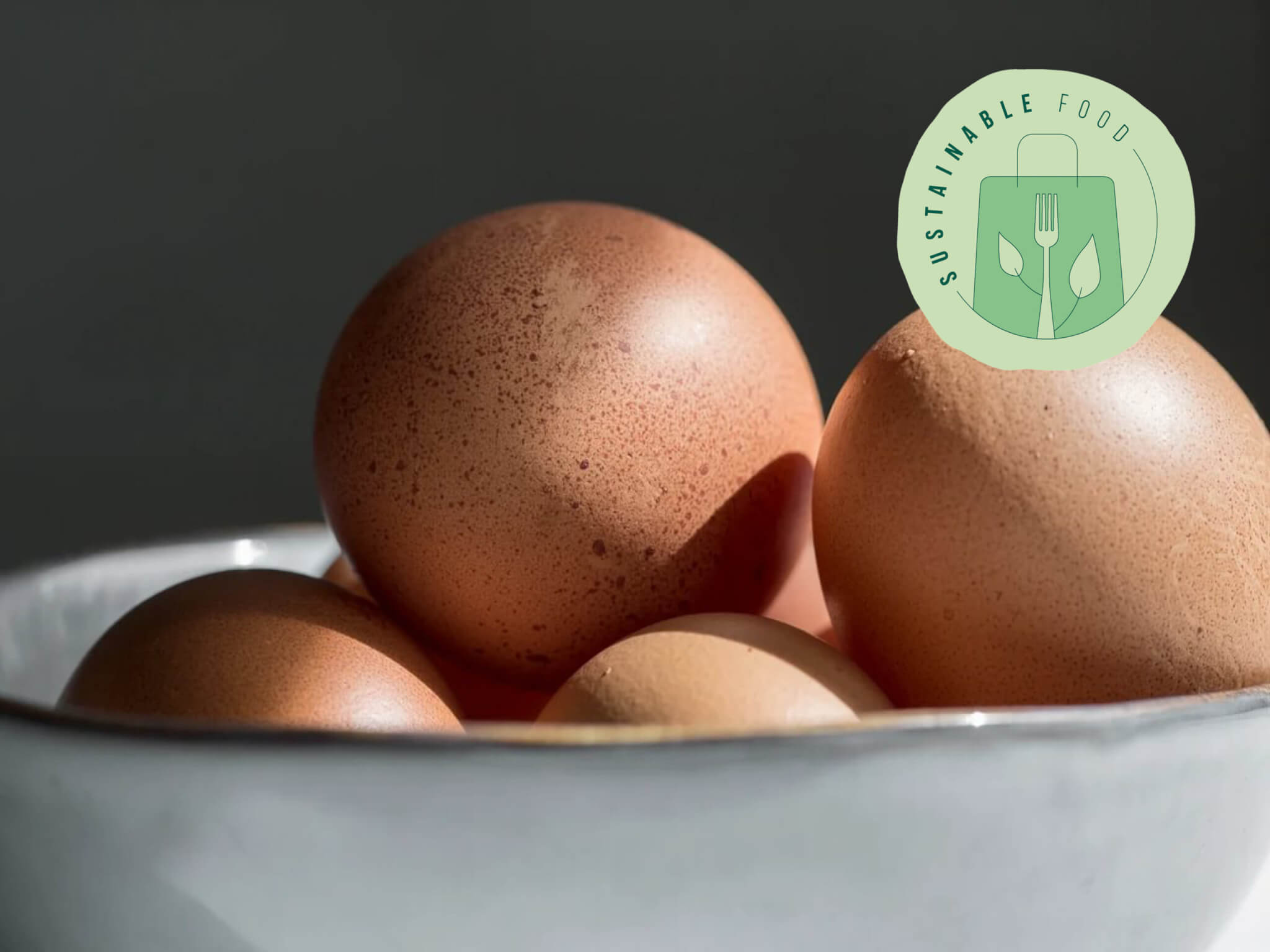

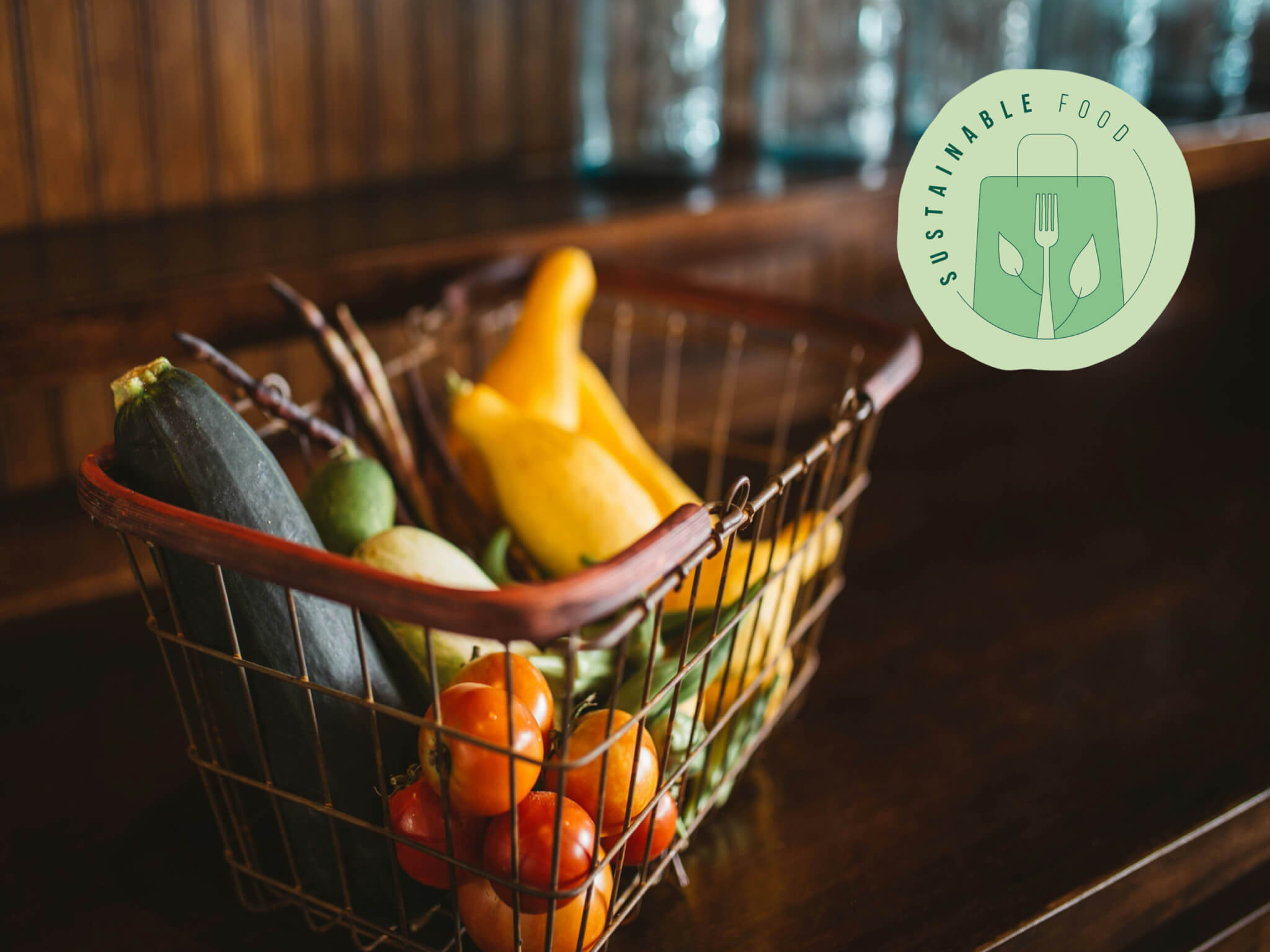




0 Comments